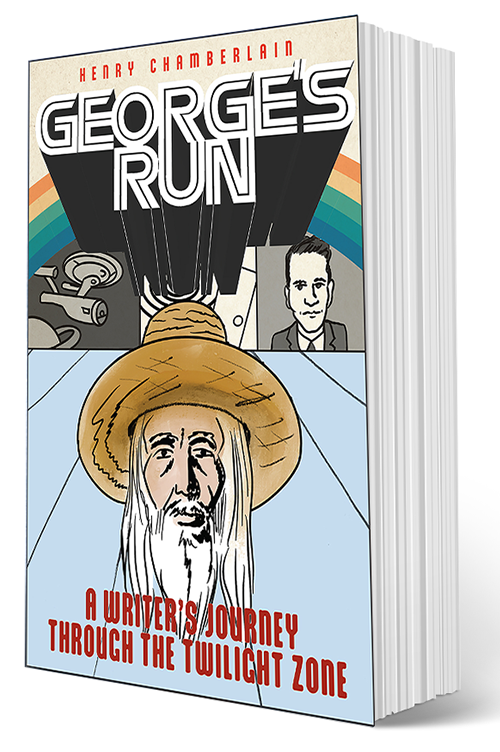If you subscribe to Netflix, you have seen or may plan to see “To The Bone.” As a major movie with a prominent star performer, the pressure is on to strike an authentic chord on the theme of eating disorders. One key factor in all this is that, if someone with an eating disorder is viewing this, they will know better than anyone else if only lip service is being paid or if something real is being said. Anyone in crisis wants to experience something real. Those who are loved ones, are certainly eager to understand and to help, but, in the end, it is always going to be up to that person who is struggling to find his or her own way out. What a movie like “To The Bone” does well is not to pretend to have all the answers. The movie is not there to magically solve anything. At best, the movie is there to open a window into a world, offer some perspective, offer up a look but make no claim to providing the ultimate solution. In all this, “To the Bone” succeeds.
Ellen (Lily Collins) is a 20-year-old anorexic girl who believes she has her eating disorder under control. She does not seem to want to listen to anyone’s advice on what and how to eat and yet she does not seem to completely close the door either. In a word, Lilly Collins gives a performance that is powerful. No doubt, she commands the screen with her gentle presence. Make no mistake, “To The Bone” is the sort of movie that matters. If one could only see every individual viewer reaction, it would light up the night sky. Collins is authentic. And writer/director Marti Noxon gives us an authentic screenplay and movie. It’s done by evoking that spontaneous feeling of sink or swim: giving the character room to fail so that she can summon the strength to turn the corner of her own free will.
This is a story all about free will. Eating disorders are a form of addiction, a way to control. Recovery is about finding a way out but it ultimately won’t work if the person in crisis is not in the driver’s seat. This movie works with all of this in mind. What we see is a series of stops, starts, falls, and attempts to get back up. The pace is slow because there is no magical cure to instantly bring one back from the brink. That said, we end up coming right back to the main character of Ellen in an intriguing cyclical fashion. Family tries to help. A charismatic therapist (Keanu Reeves) steps in with a tough love approach. There’s even a blossoming romance with a new boyfriend (Alex Sharp). But, in the end, we keep coming back to Ellen, alone–and yet not alone, processing things bit by bit.
Part of Ellen’s backstory involves her posting drawings about her anorexia on Tumblr that end up going viral. Not only that, one anorexic female fan of Ellen’s art kills herself. Her parents send Ellen the suicide note. It is a perfect example of how there are no easy answers, no one simple explanation to why this or that happens. It is in that spirit that this movie shines.
However, if there is a problem attached to this movie, it is simply that eating disorders are not simple matters nor is anything involving them. The obvious difficulty in making a movie about this subject is inherent in the process: Lily Collins had to undergo a severe, and life-threatening, weight loss. Sure, one can say it was a highly monitored process and the actor and the director took every precaution. Ultimately, there is no easy explanation to the ethics involved. On the one hand, the movie succeeds in opening a window. On the other hand, it opens up other issues about what such a movie owes its audience. Well, the movie is on Netflix for all to see so that train has left the station. Viewers will need to make their own call. The good news is that the movie itself does have something real to say.





















